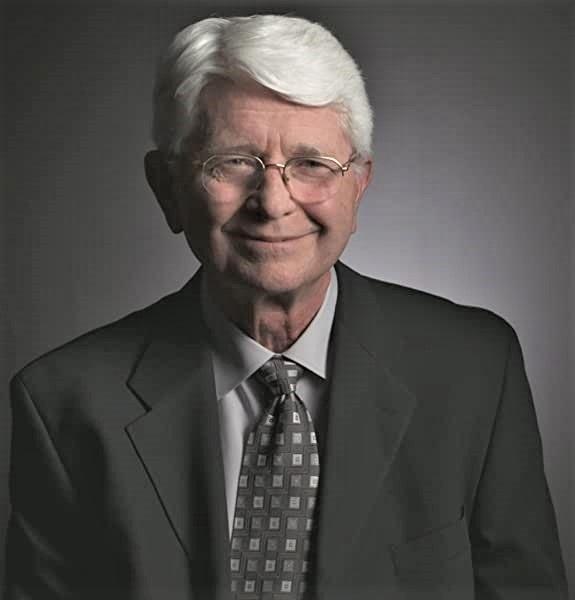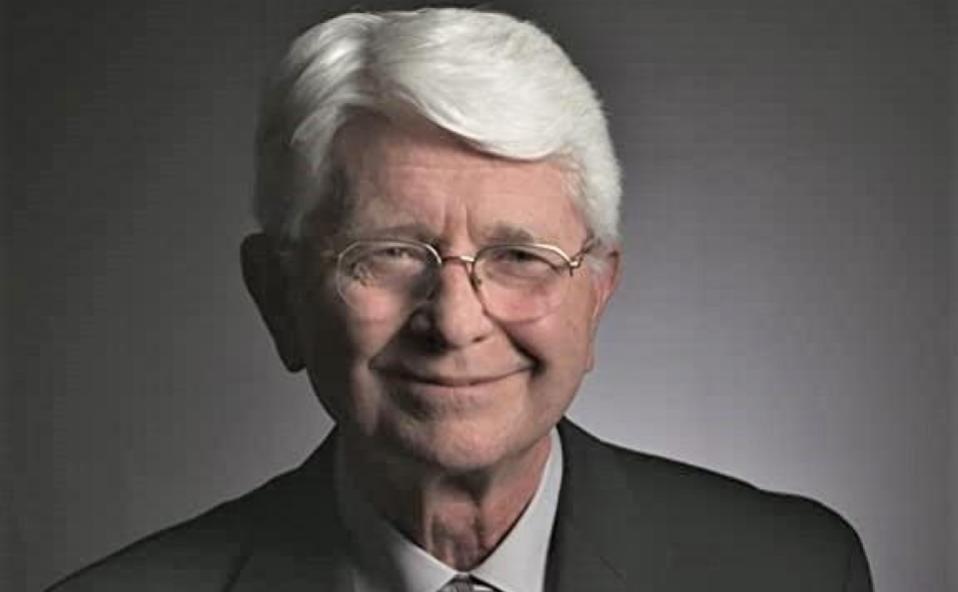
Thomas G. Broussard, Jr., Ph.D.
Second Chance at Second Nature: In his first session, Dr. Broussard will share his stroke experience from the perspective of a stroke survivor. Although he couldn’t write, he managed to keep what turned out to be a 500-page diary using graphs, charts and metaphorical drawings with text that didn’t make much sense. He will discuss the concept of neuroplasticity and how it related to his recovery. He will also review a variety of learning activities (diary, voice recordings, and taking pictures) that he had developed before he knew that they were also highly therapeutic. Dr. Broussard will also detail the differences in deficits among and between different modalities including reading, writing, speaking and awareness.
Metaphors Help Us Mend and Learn: Dr. Broussard will explain in his second session how metaphors provide a powerful linguistic tool that repairs the language function of the people with aphasia as well as educating the wider public about aphasia, recovery, and plasticity. Metaphor’s exercise brainpower by creating more cognitive stimuli (thought and cognitive activities) to generate new learning and provide the resultant neurological effects (and feeling the effects) of working through the problem. Choose between ZOOM classes or RECORDED
2 Sessions Tuesdays Sept 21 & 28 from 1:30 to 3:00 pm. THIS CLASS IS OFFERED AT NO CHARGE AS A PUBLIC SERVICE.
Thomas G. Broussard is an awarded author, public speaker, and three-time stroke survivor. He is a 1973 U.S. Naval Academy graduate, naval officer, naval shipbuilder, and a business owner in career development and training. He received his Ph.D. at The Heller School at Brandeis University, Waltham, MA and focused his work on supporting people with disabilities and employment. Dr. Broussard started his company, Stroke Educator, Inc. in 2015 and has published four books about stroke, aphasia, recovery, and plasticity: the foundation of all learning. He is conducting a national “Aim High for Aphasia” awareness campaign dedicated to educating people about aphasia, a language disorder, typically from a stroke. About 180,000 people acquire the disorder each year, yet most people have never heard of it. To register for this class or to find the list of Fall classes visit the website at: Chesapeake Forum – Lifelong Learning, Classes.



Write a Letter to the Editor on this Article
We encourage readers to offer their point of view on this article by submitting the following form. Editing is sometimes necessary and is done at the discretion of the editorial staff.